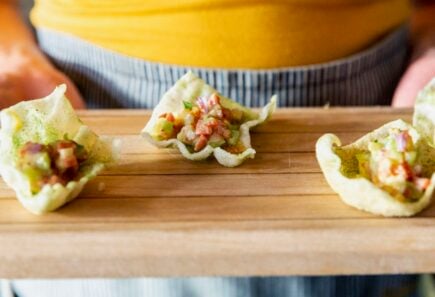
Global perspectives: what do consumers think about alternative seafood around the world?
Marika AzoffComparing new consumer research from Japan, Thailand, Singapore, and South Korea to the U.S.

Comparing new consumer research from Japan, Thailand, Singapore, and South Korea to the U.S.

GFI's new grantees aim to improve in-fat-uation with plant-based meat by creating the next generation of tasty, sustainable, and healthy animal-free fats.
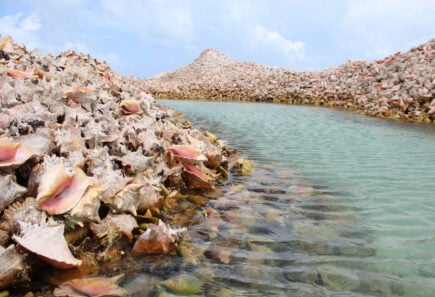
A conversation about alternative seafood, ocean conservation, and the importance of inclusion in building up the alt protein industry.
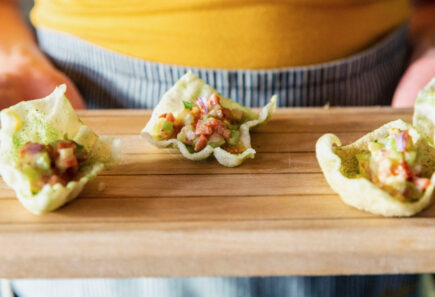
GFI has awarded a grant to researchers working to characterize the properties of high-quality seafood in order to accelerate the production of premium alternative seafood products.
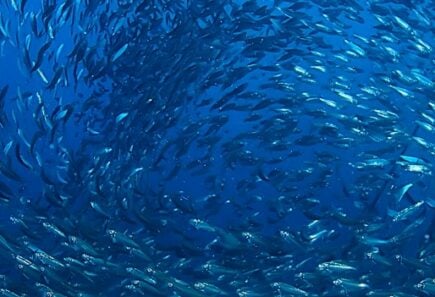
Learn how GFI and partners are scaling the science that we need around plant-based, cultivated, and fermentation-derived seafood to improve our oceans' health.
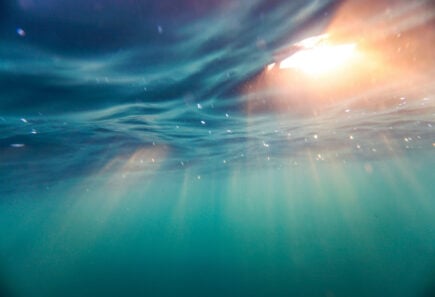
With open-access research funding from NOAA, alternative seafood could help protect our oceans and bolster U.S. seafood production.
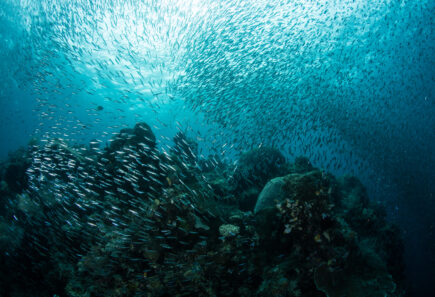
Global efforts to curb emissions, protect marine biodiversity, and reduce the impacts of climate change on our oceans should include investments in plant-based and cultivated seafood.
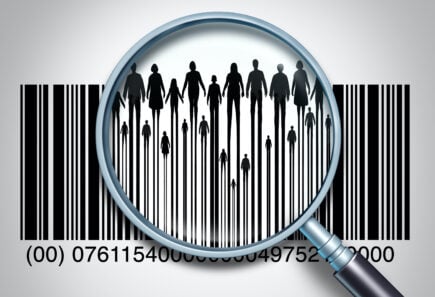
A new survey conducted by GFI and Kelton Global showed that, in addition to excellent taste and texture, messaging about alternative seafood products’ environmental, health, and functional benefits can broaden their appeal among U.S. consumers.

Sensible and carefully considered regulation of cultivated seafood will be essential to creating a sustainable, secure, and just food system.
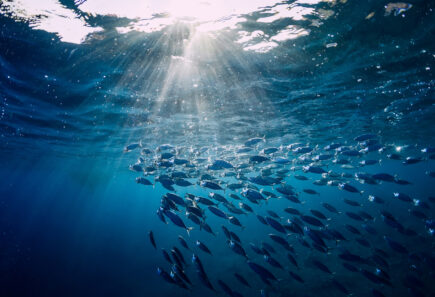
Support from governments, academia, and nonprofits will help ensure cultivated seafood reaches its full potential to sustainably meet the global demand for seafood and restore the health of our oceans.